A very significant aspect of our Fusion Funded Study Leave has been our invitation to spend time as Visiting Professors at the Tasik Chini Research Centre, Universiti Kebangsaan Malaysia. This Research Centre is primarily a natural science-based one, which is now expanding its remit to embrace social science, and which focuses on Tasik (Lake) Chini in the State of Pahang, about 4 hours drive from Kuala Lumpur. This lake, one of only two freshwater lakes in Peninsular Malaysia, is composed of a very large area of 12,568 acres, and in terms of beauty and grandeur was not dissimilar to England’s Lake District. Google the lake and a serene vision will appear of placid waters smothered in ravishing pink and white water-lilies in a valley of opulent, teeming rain forest and rimmed by green mountains. A veritable paradise, seemingly, and also the traditional ‘native’ lands of a community of indigenous, ‘first-people’, of Malaysia, the Jakun tribe of the Orang Asli (original people).
Hardly surprisingly maybe that this wonderful area received coveted UNESCO Biosphere Reserve status due to its lush diversity of flora and fauna. However, although once a popular eco-tourist destination, very few tourists are spotted now and the trade has virtually died off. The reason being that the lake itself is dying with total and irreversible collapse of the ecological system predicted by 2030. Unrestrained mining of the mineral-rich soil in the area has led to mass deforestation, while logging, itself, and destruction of the colossal swathes of the forest has made way for Oil Palm plantations. Contaminants from mines in very close proximity to the lake have caused considerable pollution and the replacement of local flora with a pernicious species of aquatic weed and algae. To add to a catalogue of disasters, and against the wishes of the those Orang Asli communities who managed to hear of it (as they were not formally consulted) and Malaysian environmentalists, an ill conceived dam was placed in 1994 at the juncture of the Tasik Chini and the great Pahang River. This served to prevent the annual ebb and flow of the lake that made boating of tourists difficult at times but was essential to the ecosystem of the area The lake is now stagnant, polluted and the fish, upon which the Jakun relied on as fisher folk, frequently unfit to eat, their flesh being tainted and their bodies invaded by parasites.
Our role as social scientists invited to work with the Tasik Chini Research Centre is to help to bridge the gap between scientific knowledge of the problems here and the local communities. Our work is to aid amplification of their voices in speaking of their experiences of trying to survive in traditional native lands that have been violated and usurped. With our fourth intensive field trip to Tasik Chini coming up this week and a packed itinerary of interviews and focus group discussions planned with the local villagers, our ethnographies are rapidly developing. The Orang Asli people have much to be angry about and although too often treated as backward and uneducated in Malaysia itself, they have impressed us considerably with their passion for their lands, their rage and grief at the destruction, their eloquence, their gracious hospitality to us – and their ability to organise their communities and their protests up to the highest levels of Government. Truly they are a great if much abused people and we count it a pronounced honour to be so warmly welcomed by them, and regard this as some, and maybe, the most important work of our careers.
We hear much in the UK of the trite, overused and sometimes disingenuous phrase ‘making a difference’ when applied to higher educational endeavour and these experiences have brought into sharp relief the differences between its application to the banal and to the truly tragic. This area is part of the traditional land of the Jakun, and as such should be protected and preserved. But much more than this it is an international site for the earth’s future generations and we must, as academics, plough back what little knowledge we have into securing this heritage.
Sara Ashencaen Crabtree and Jonathan Parker


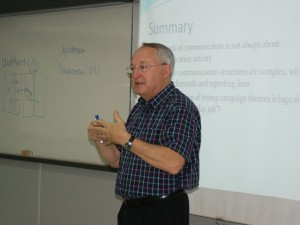

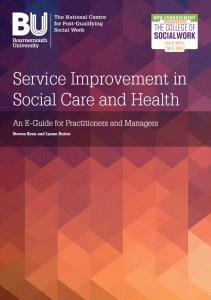




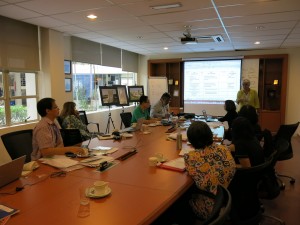

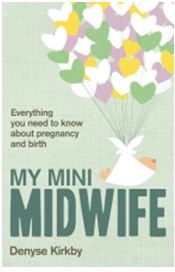

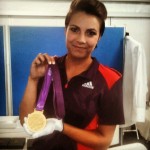
















 SPROUT: From Sustainable Research to Sustainable Research Lives
SPROUT: From Sustainable Research to Sustainable Research Lives BRIAN upgrade and new look
BRIAN upgrade and new look Seeing the fruits of your labour in Bangladesh
Seeing the fruits of your labour in Bangladesh Exploring Embodied Research: Body Map Storytelling Workshop & Research Seminar
Exploring Embodied Research: Body Map Storytelling Workshop & Research Seminar Marking a Milestone: The Swash Channel Wreck Book Launch
Marking a Milestone: The Swash Channel Wreck Book Launch ECR Funding Open Call: Research Culture & Community Grant – Application Deadline Friday 12 December
ECR Funding Open Call: Research Culture & Community Grant – Application Deadline Friday 12 December MSCA Postdoctoral Fellowships 2025 Call
MSCA Postdoctoral Fellowships 2025 Call ERC Advanced Grant 2025 Webinar
ERC Advanced Grant 2025 Webinar Update on UKRO services
Update on UKRO services European research project exploring use of ‘virtual twins’ to better manage metabolic associated fatty liver disease
European research project exploring use of ‘virtual twins’ to better manage metabolic associated fatty liver disease